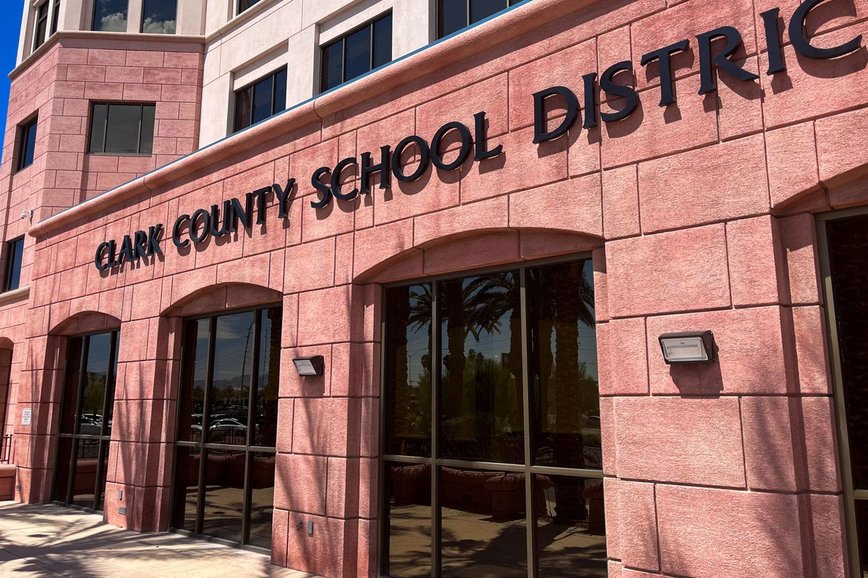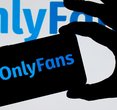
Social Media Slip-Ups: Why Employers Can Discipline Workers For Online Posts - Fresh Celebrity News 2025

Behind the Online Drama: Employers Taking Action
Hey there, social media savvy readers! Let’s dive into a hot topic that’s got everyone buzzing - employers flexing their muscles over what you post online. Across the U.S., including right here in Las Vegas with companies like Lotus Broadcasting and Clark County School District (CCSD), workers are facing serious consequences for their digital footprints, especially following the shocking assassination of conservative activist Charlie Kirk.
Reports show that at least 33 individuals nationwide have been fired, put on leave, or investigated for their social media comments related to Kirk’s death. We’re talking educators, pilots, firefighters, and even sports reporters - no one’s immune to the fallout when posts cross the line.
It’s a wake-up call, isn’t it? Whether it’s a fiery opinion or a misplaced joke, your online words can have real-world repercussions. So, let’s unpack why companies have the power to act, even when you think you’re just venting in your personal space.
Free Speech vs. Workplace Rules: Where’s the Line?
Now, you might be thinking, ‘What about my First Amendment rights?’ Well, here’s the tea: the First Amendment protects you from government censorship, but it doesn’t apply to private employers. Companies like Lotus Broadcasting or Las Vegas Realtors can legally show you the door if your social media antics violate their policies or tarnish their rep.
For public employers like CCSD, it’s a bit trickier. Employees do have some free speech rights as private citizens, but courts often side with the employer if your words cause a ‘material and substantial disruption’ at work. Think hostile environments or interference with daily operations - CCSD even cited this as their reason for cracking down after Kirk-related posts stirred up drama.
‘We’ve seen time and again that what you post online isn’t just personal - it can ripple through your workplace and beyond,’ notes a legal expert familiar with employment law.
Employer Duties: Keeping the Peace
Here’s the flip side - employers aren’t just playing Big Brother for fun. They’ve got a legal duty to prevent harassment, bullying, or intimidation in the workplace. If your spicy social media takes fall into those categories, they’re within their rights to step in.
Plus, let’s be real - companies care about their image. If your posts undermine customer relations or clash with their code of conduct (even if it’s on your personal account), they’re likely to act fast to protect their brand. It’s all about maintaining harmony and keeping operations smooth.
So, next time you’re tempted to hit ‘post’ on a controversial opinion, remember: your employer might be watching, and they’ve got the legal backing to respond if things get messy.
Legal Lowdown: Can You Fight Back?
Is it always game over if your boss calls you out for a post? Not necessarily, but it’s an uphill battle. Private employers generally have the green light to terminate for social media slip-ups, especially if they’ve got policies in place or your words hurt their business. For public workers, courts dig into the context - if your speech caused major workplace chaos, disciplinary actions often hold up.
Legal challenges are possible, but they’re tough. Most states operate on ‘at-will’ employment, meaning you can be let go for almost any reason. Exceptions exist - like discrimination or retaliation for whistleblowing - but you’d need solid proof to claim wrongful termination over a social media post.
Recent Supreme Court rulings in 2024 added some clarity, stating private employers and platforms have wide discretion to moderate content and act against employees. Meanwhile, public officials using personal accounts for work can’t block critics without risking First Amendment violations. It’s a complex balance, but the message is clear: tread carefully online.
Historic Cases and Balancing Acts
Let’s take a quick trip down legal memory lane. Landmark cases like Pickering v. Board of Education (1968) set the stage by protecting public employees speaking on public matters as private citizens. But fast forward to Garcetti v. Ceballos (2006), and the Supreme Court ruled that speech tied to job duties isn’t protected - a big limit on workplace whistleblowers.
Then there’s Connick v. Myers (1983), where a government attorney’s personal grievance wasn’t deemed a public concern, so her firing stood. Even off-campus speech, as seen in Mahanoy Area School District v. B.L. (2021), has limits for employees if it disrupts the workplace vibe. Courts usually back employers when posts offend or stir up conflict.
Some state laws, like in California and New York, offer extra shields for political activities outside work. And the National Labor Relations Act protects private-sector workers discussing job conditions - but don’t expect it to cover unrelated political rants. It’s a tightrope, and the law often leans toward the employer.
Local Spotlight: Bobby Machado’s Fall from Grace
Closer to home, let’s talk about Bobby Machado, a radio producer at Fox Sports Las Vegas. He found himself in hot water after posting offensive, profanity-laced comments on X (formerly Twitter) about Kirk’s assassination - comments that seemed to cheer the tragedy. The public backlash was swift and fierce.
Lotus Communications didn’t hold back, issuing a statement slamming Machado’s ‘hateful and contemptible’ remarks and making it clear they don’t reflect the company’s values. He was promptly fired and cut loose from the organization. Even the Vegas Golden Knights chimed in, condemning the posts and clarifying he was never part of their team.
This case is a stark reminder that your online persona can tank your career in a heartbeat. CCSD also sent out a memo to staff, warning that while free speech exists, disruptive posts could lead to discipline. They’re doubling down on keeping a professional environment, no exceptions.
Beyond Politics: Teachers and OnlyFans Controversies
But wait, it’s not just political posts getting folks in trouble. Teachers across the globe are learning the hard way that side hustles on platforms like OnlyFans can cost them their careers. Take Kirsty Buchan, a former physics teacher from Scotland, who was struck off after students stumbled upon her adult content online.
In the U.S., educators like Jennifer Ruziscka and Brianna Coppage faced similar fates, resigning or being put on leave when their OnlyFans activities came to light. These cases show that employers, especially in education, hold staff to strict conduct standards - even for what happens after hours.
If your side gig or online behavior goes public and disrupts the workplace (think school climate or professional judgment), courts often side with the employer. It’s a tough lesson: what you do in private isn’t always private, and it can follow you straight to the unemployment line.

Popular
Trending topics









